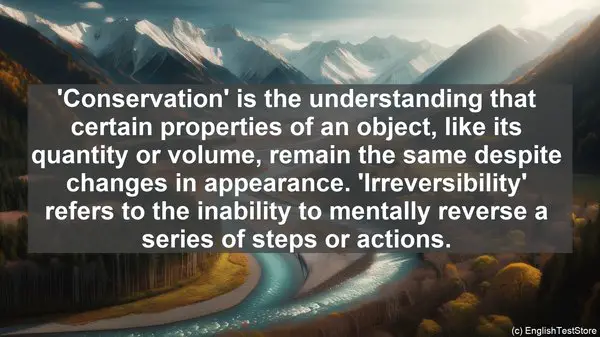Introduction
Welcome to our lesson on the top 10 commonly confused words in developmental psychology. As students, it’s essential to have a clear understanding of these terms for our studies and future careers. So, let’s dive in!
Nature vs. Nurture
One of the most debated topics in psychology, ‘nature’ refers to our genetic makeup, while ‘nurture’ encompasses the environmental factors that shape us. Understanding the interplay between these two is crucial in developmental psychology.
Assimilation vs. Accommodation
When it comes to learning, ‘assimilation’ is the process of fitting new information into existing mental frameworks, while ‘accommodation’ involves modifying those frameworks to incorporate new knowledge.
Scaffolding vs. Zone of Proximal Development
In the context of learning, ‘scaffolding’ refers to the support provided by a teacher or mentor, while the ‘zone of proximal development’ is the range of tasks a learner can perform with guidance but not independently.
Critical Period vs. Sensitive Period
Both terms refer to specific time frames in a person’s development when they are more receptive to certain experiences or learning. However, a ‘critical period’ denotes a more rigid timeframe, while a ‘sensitive period’ is more flexible.
Egocentrism vs. Theory of Mind
During early childhood, children often exhibit ‘egocentrism,’ where they struggle to see things from others’ perspectives. ‘Theory of mind’ is the ability to understand that others have different thoughts, beliefs, and intentions.
Classical Conditioning vs. Operant Conditioning
Both are fundamental concepts in behavioral psychology. ‘Classical conditioning’ involves learning through associations, while ‘operant conditioning’ focuses on the consequences of behavior, such as rewards and punishments.

Gender Identity vs. Gender Role
While ‘gender identity’ refers to an individual’s deeply felt sense of being male, female, or non-binary, ‘gender role’ encompasses the societal expectations and behaviors associated with being male or female.
Secure Attachment vs. Insecure Attachment
In the context of parent-child relationships, ‘secure attachment’ is characterized by trust and a sense of safety, whereas ‘insecure attachment’ can manifest as anxiety, avoidance, or ambivalence.

Conservation vs. Irreversibility
‘Conservation’ is the understanding that certain properties of an object, like its quantity or volume, remain the same despite changes in appearance. ‘Irreversibility’ refers to the inability to mentally reverse a series of steps or actions.
